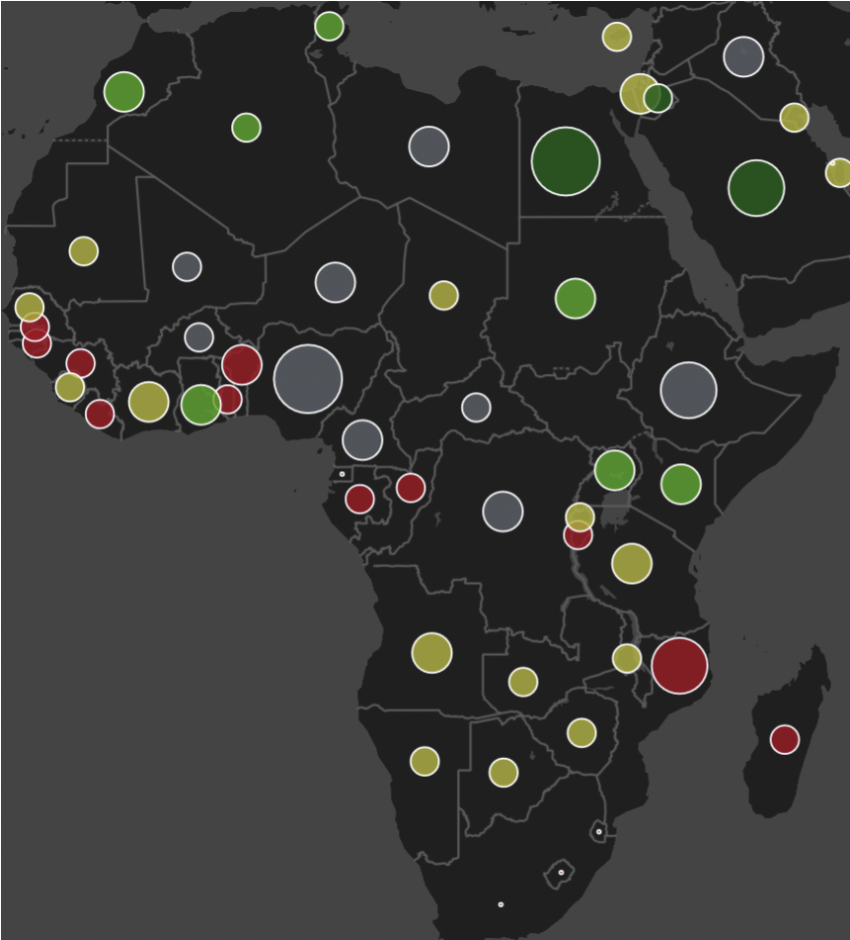Demand for electricity across Africa will grow many times over by 2050. Nuclear power is a potential source of clean power to drive industrialization and grow incomes, especially with new smaller, safer, and more flexible designs expected to come to the market over the next decade. We first wrote in 2021 about which African countries could be at the forefront of adopting this technology, and after two years we already have significant developments. The Energy for Growth Hub and Third Way created an interactive map that projects electricity demand and assesses nuclear readiness.
1. Six countries have made notable progress
- Egypt (Ready by 2030) awarded a $25 billion contract to Rosatom for a 4.8GW power plant which began construction in November 2022, with planned completion in 2028.
- South Africa (Ready by 2030) already operates a nuclear power plant at Koeberg and is planning to finalize procurement of 2.5GW of new nuclear power by 2024, with operations planned for 2030.
- Ghana (Potentially Ready by 2030) operates a research reactor, began a strategic collaboration on SMRs with the US and Japan, and has initiated negotiations for a 123 Agreement with the US.
- Morocco (Potentially Ready by 2030) operates a research reactor, engages with the IAEA, and recently signed an agreement with Russia to develop capacity and construct reactors.
- Uganda (Potentially Ready by 2030) has acquired land for an NPP, signed agreements with both Rosatom and CNNC (China National Nuclear Corporation), and completed engagements with the IAEA, with the intention of opening a reactor by 2032.
- Rwanda (Potentially Ready by 2050) remains in the same category this year, but has signed a new CPF with the IAEA, is working to set up a nuclear training center with the help of Russia, and has appointed members to a policy board. If plans proceed well Rwanda will be upgraded in our rankings in 2023.
2. One country falls out of our rankings
- While Nigeria operates a research reactor and has signed deals with foreign suppliers such as Russia, the World Bank now categorizes the country as “Conflict-affected” which precludes it from our rankings due to the unpredictability of the future situation.
3. Four more could be ready for nuclear by 2030 (light green) but haven’t made notable progress.
- Algeria operates a research reactor and plans to commission a plant.
- Kenya is developing a policy organization and regulatory regime with aims to develop a 1 GW power plant by 2035.
- Sudan has engaged with the IAEA on an infrastructure review and signed agreements with supplier countries like Russia and China.
- Tunisia originally hoped to develop nuclear power by 2020 and has remained actively engaged with supplier countries.

